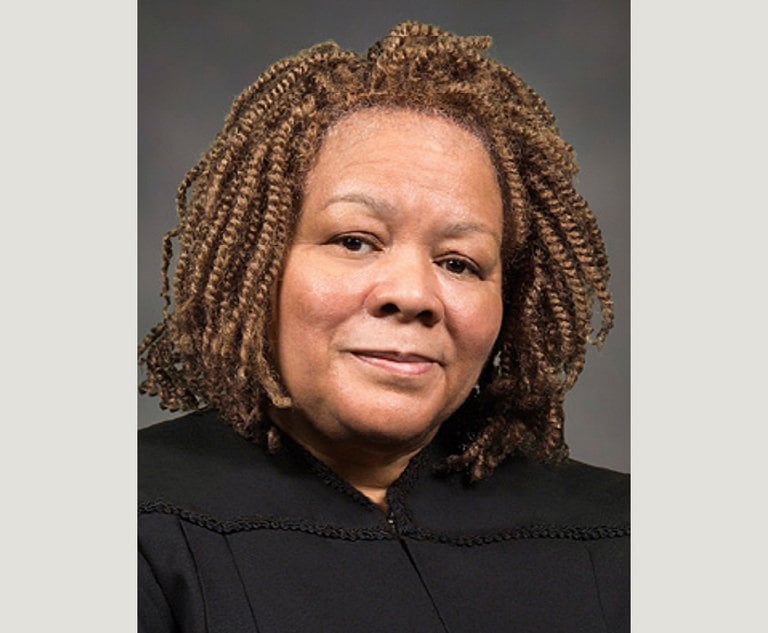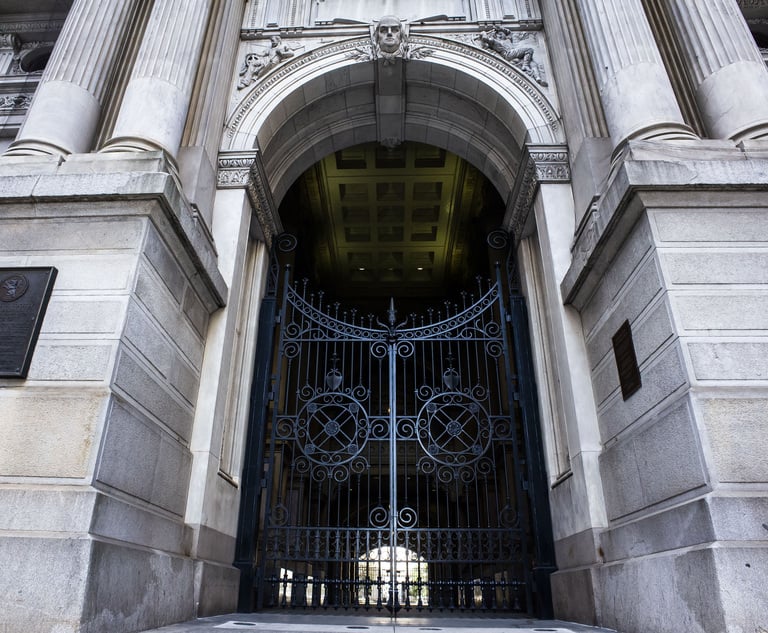The presence of alternative grounds presents appellate practitioners with additional issues to evaluate. The most frequently encountered alternative ground situation involves appeals from general verdicts where at least one of the bases for liability decided by a jury is invalid. The rule for such cases changed relatively recently. Historically, when a general jury verdict could have been based on either valid or invalid grounds, a new trial was required. See Izzi v. Philadelphia Transportation, 195 A.2d 784, 789 (Pa. 1963). In such situations, the jury “may as readily have followed the incorrect as the correct theory, and it is impossible to know which they accepted.” See Pedretti v. Pittsburgh Railways, 209 A.2d 289, 292 (Pa. 1965). Reviewing courts “would have had to speculate” on whether verdicts were based on grounds “erroneously submitted to the jury.” See Mendralla v. Weaver, 703 A.2d 480, 486 (Pa. Super. 1997) (en banc).
The Pennsylvania Supreme Court changed the law beginning in Halper v. Jewish Family & Children’s Service, 963 A.2d 1282 (Pa. 2009). The new “general verdict rule” favored the verdict winner.
When the jury returns a general verdict involving two or more issues and its verdict is supported as to at least one issue, the verdict will not be reversed on appeal. A defendant who fails to request a special verdict form in a civil case will be barred on appeal from complaining that the jury may have relied on a factual theory unsupported by the evidence when there was sufficient evidence to support another theory properly before the jury.


 James M Beck, with Reed Smith. Courtesy photo
James M Beck, with Reed Smith. Courtesy photo




